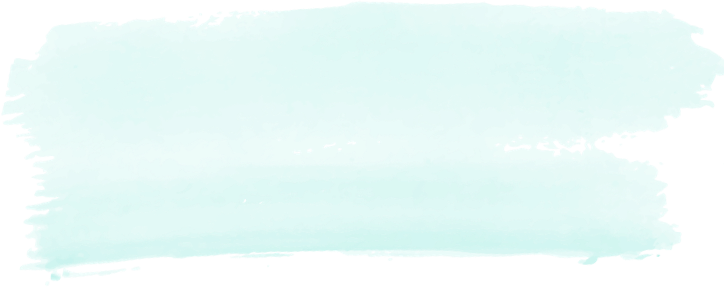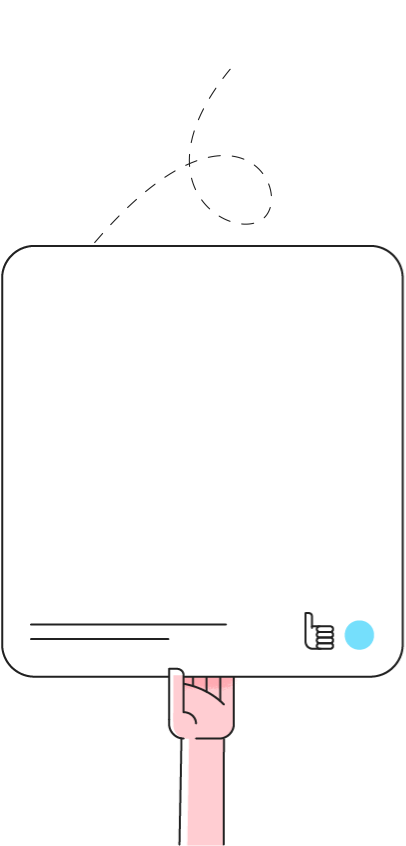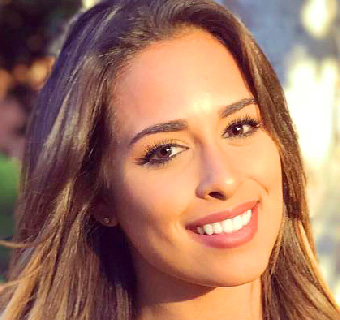Table of Contents
George Floyd was a Black man killed by police officers in Minneapolis on May 25, 2020. Since then, protests against police brutality have occurred in all 50 states and multiple other countries. People of all ages are using social media more than ever to fundraise, spread news, and educate others on the complexities of the current state of our nation. While there has never been more access to resources, the sheer amount of information can be overwhelming. We created the following list of resources for the BLM movement to put everything in one, consolidated place.
Download the Resource Guide here! BLM Resource Guide
What is BLM?
BLM stands for “Black Lives Matter” and refers to a movement started by Alicia Garza, Patrisse Cullors, and Opal Tometi in 2013 in response to the acquittal of Trayvon Martin’s murderer. Since then, Black Lives Matter has worked to “eradicate white supremacy and build local power to intervene in violence inflicted on Black communities by the state and vigilantes.” BLM has turned into more than just a hashtag. It now functions as a unifying force for members of the Black community and its allies.
https://www.instagram.com/p/CBTIHNSjyp_/
Background Research
BLM shares news relevant to the movement, but for many of us, a full history lesson is necessary. Luckily, there are several books, podcasts, and movies readily available for us to use. Here are some recommended by leaders of the BLM movement:
Books
(Though this list isn’t sponsored, all links will take you to Semicolon Bookstore and Gallery, Chicago’s only Black female-owned bookstore.)
- How to be an Antiracist – Ibram X. Kendi
- I Know Why the Caged Bird Sings – Maya Angelou
- I’m Still Here: Black Dignity in a World Made for Whiteness – Austin Channing Brown
- So You Want to Talk About Race – Ijeoma Oluo
- The New Jim Crow: Mass Incarceration in the Age of Colorblindness – Michelle Alexander
- White Fragility: Why It’s So Hard for White People to Talk About Racism – Robin Diangelo, PhD
https://www.instagram.com/p/CBBSyi1APut/
Podcasts
- 1619 – The New York Times
- About Race
- Code Switch – NPR
- The Diversity Gap
- Pod for the Cause – The Leadership Conference on Civil & Human Rights
Movies
- 13th – Ava Duvernay (Uploaded to Youtube by Netflix)
- American Son – Kenny Leon (Netflix)
- When They See Us – Ava Duvernay (Netflix)
- The Hate U Give – George Tillman Jr. (Hulu)
- If Beale Street Could Talk (Hulu)
- Selma – Ava Duvernay (Available for rent)
Organizations to Check Out
1. The Audre Lorde Project
This is a Lesbian, Gay, Bisexual, Two Spirit, Trans and Gender Non-Conforming People of Color center for community organizing, focusing on the New York City area. Named after prominent feminist writer, Audre Lorde, the ALP aims to be a home for LGBTQ+ people in all African / Black/ Caribbean, Arab, Asian & Pacific Islander, Latina/o, and Native/Indigenous communities.
2. Color of Change
Color of Change is the nation’s largest online racial justice organization. With over 1.7 million members, Color of Change leads campaigns to hold corporate and political leaders accountable and to create real social and legal change.
3. The Leadership Conference on Civil and Human Rights
Made of more than 200 coalitions, the Leadership Conference promotes and protects the civil and human rights of all persons in the United States. Their goal is that of their slogan: To make an America as good as its ideals.
4. American Civil Liberties Union
The ACLU was born after World War 1 and has evolved into more than 1.5 million members and 300 staff attorneys. The ACLU was involved in prominent racial injustice cases including Brown vs. Board of Education and Roe vs. Wade. Most recently, the ACLU issued a statement calling the United Nations to investigate the escalating situation of police violence and repression of protests in the United States.
https://www.instagram.com/p/CBQvAAknAHA/
5. Sister Song
Sister Song is an organization based in the South. Their goal is to build an effective network of individuals and organizations to improve institutional policies and systems that impact the reproductive lives of marginalized communities.
Influencers & Accounts to Follow
1. Dom Roberts
https://www.instagram.com/p/CBRGZH0gckV/
Dom Roberts is a Black artist who creates graphics explaining concepts such as how to be antiracist. Her account gained popularity suddenly after her first graphic went viral. She has since turned her platform into a resource and has also been on several podcasts talking about her experience and her understanding of the movement.
2. Jen Winston
https://www.instagram.com/p/CA-eKNfpmJu/
Jen creates informational graphics specifically aimed at educating white people. She covers issues like how to talk to your family about racism and what a future without police will look like.
3. Florence Given
https://www.instagram.com/p/CAtHZeIpEW-/
Florence is a UK-based author and artist. She shares several informational graphics on her Instagram that educate people through a feminist lense. (View my favorite post of hers here.)
4. Shirian
https://www.instagram.com/p/CA-mbNYg92l/
Shirian is a Chicago-based artist who uses her platform to share beautiful illustrations promoting peace and justice.
Tips to Stay Safe
Now that you have taken the time to explore resources, you may be ready to take the next step and join the protestors. If so, please remember that COVID-19 is very much still a threat to our health. Additionally, there have been instances of law enforcement arresting protestors (even days after they attended a protest). Here are a few tips to help keep you safe:
- Wear a mask and continue to practice social distancing as much as possible.
- Make sure your protest is legal. Protests often need permits to close streets/create alternate routes, etc. If your protest does not have a permit, make sure to follow local law enforcement as much as possible.
- With that being said… know your rights!
- You have a right to protest.
- If arrested, you have a right to know what you are being charged with.
- Bring snacks, water, and wear sunscreen!
- Consider bringing goggles or protective eyewear in case of tear gas.
- Go with a buddy.
- Write down any important contact info on your body in case of arrest.
- Cover any identifying body parts (such as tattoos) and wear nondescript, solid-colored clothing.
- Do not take or post pictures with your face fully visible.
https://www.instagram.com/p/CBMgLXJHlzg/
This article is by no means a complete catalog of what you need to know, but it is a good place to start. Feel free to research further, ask questions, and speak up. Below are links to additional resources and graphics.
Other BLM Movement Resources:
- Racism in the Influencer Marketing Industry
- Black Activists to Follow
- Master list of resources
- Black Lives Matter Caard
- 30 petitions to sign
- 115 ways to donate
Download the Resource Guide here! BLM Resource Guide























